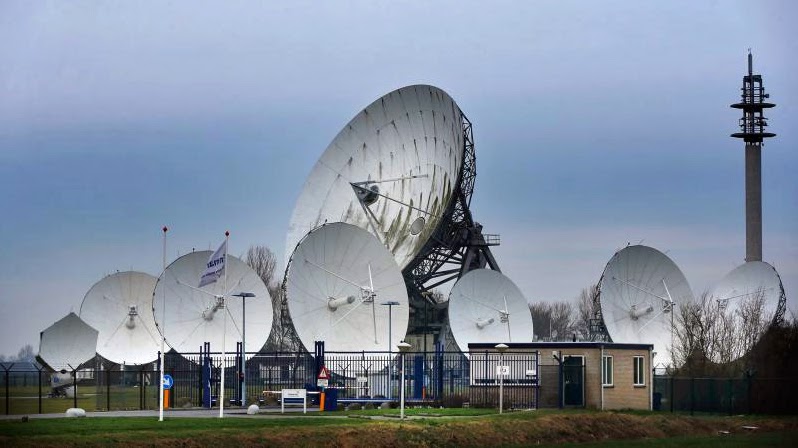- FG Opts Against $550m Chinese Loan for Communications Satellites
The Federal Government has backed out of a plan to take a loan of $550m from the Chinese Export and Import Bank for the construction of two new communications satellites.
The Minister of Communications, Mr. Adebayo Shittu, said this in an interview with our correspondent on the sidelines of the Alliance for Affordable Internet – Nigeria Coalition meeting chaired by the former Executive Vice Chairman of the Nigerian Communications Commission, Mr. Ernest Ndukwe, in Abuja on Tuesday.
Shittu explained that the Chinese bank wanted Nigeria to make a commitment of $82.5m, representing 15 per cent of the cost of the satellites, to be able to access the loan.
The minister said that the country could not afford the money and opted for private equity participation in order to raise the funds necessary to construct the two satellites and run the Nigerian Communications Satellite Limited.
Shittu explained, “We have had the Chinese EXIM Bank wanting to give us the loan on the condition that we provide 15 per cent as counterpart funding. Unfortunately, Nigeria does not have that money. That means that we cannot access the Chinese loan.
“So we are looking for private sector participation now. If we get any private sector entity, which is in a position to bring in the two satellites for us, we will appreciate it. Whatever they bring will form their equity participation in running that company, because it is a limited liability company.
“It is a commercial entity, which is set up to provide services and also make profit. We are not taking the Chinese loan again. We are looking for people who will provide two new satellites for us. The equity participation will ensure that the company is run more profitably and efficiently.
“When you bring an investment, it is considered that you are buying shares in the company. The investing company and NigComSat Limited will then sign a Memorandum of Understanding.”
Speaking at the A4AI meeting, Shittu disclosed that Nigeria had in the last five years attracted an investment of $2.2bn in submarines cables landing in the country.
The minister said as part of efforts to bridge the digital gap between the various communities, the government had established the Universal Services Provision Fund to help develop the under-served regions and making telecommunications available to every Nigerian.
On the country’s stride in data communications, the minister stated, “Nigeria’s active mobile broadband penetration has increased within the space of one year from less than 10 per cent in 2015 to 20.95 per cent in 2016.
“Nigeria’s active mobile broadband penetration has increased to 21.8 per cent, indicating consistent growth. Nigeria’s Internet penetration reached a milestone of 47.44 per cent. Nigeria has Africa’s highest active Internet users (over 90 million subscribers) and ranks 10th globally.”

 Forex2 weeks ago
Forex2 weeks ago


 Naira1 week ago
Naira1 week ago
 Naira4 weeks ago
Naira4 weeks ago
 Company News4 weeks ago
Company News4 weeks ago




 Naira1 week ago
Naira1 week ago
 Billionaire Watch1 week ago
Billionaire Watch1 week ago




 Naira3 weeks ago
Naira3 weeks ago




 Naira1 week ago
Naira1 week ago





















